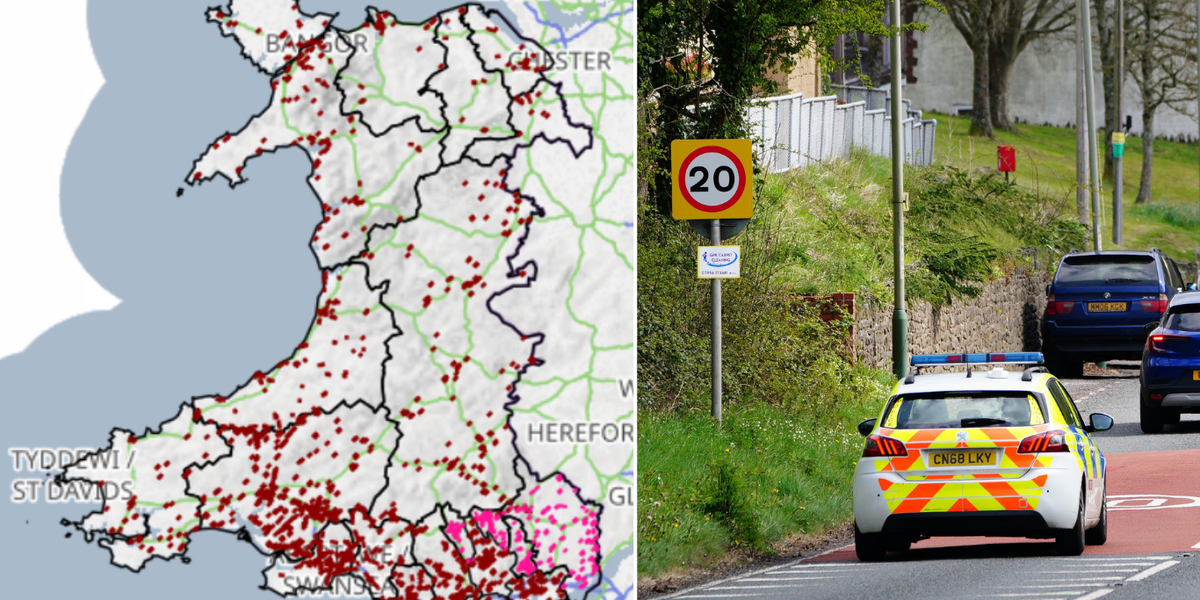Petrol and diesel drivers are being warned of dangerous filling station issues as experts warn October could see instances rise.
In the coming days, weeks and months, drivers could be more at risk of picking up viruses on petrol station fuel pumps as the UK braces for cold and flu season.
Research from 2020 found that five per cent of all fuel pump handles across the UK had traces of Covid present on their surfaces.
This equated to at least one contaminated fuel nozzle at every fuel station in the UK, according to Ardabil University of Medical Sciences in Iran.
Do you have a story you’d like to share? Get in touch by emailing[email protected]
Drivers were advised to wear gloves when filling up during the height of the pandemic
PA
The study took 100 samples from 25 forecourts and acknowledged that “an individual can get COVID-19 by touching a surface that has the virus on it and after that touching their own mouth, nose, or conceivably their eyes”.
Experts are giving a renewed warning to motorists about the threats they face with the rapidly approaching cold and flu season.
They are pointing out that something as simple as a petrol pump could be the source of infections given the number of people using them on a daily basis.
Graham Conway, from Select Car Leasing, said scientific evidence singles out fuel pumps as one of the leading virus carriers in everyday life.
He added: “Not many people bother to wear the protective, disposable gloves available on forecourts when filling up.
“And it’s not uncommon for drivers to nip into the shop to buy a packet of crisps or a sandwich after filling up their tank.
“But habits like these can leave us vulnerable to becoming unwell when lots of viruses are in circulation.”
A 2011 survey from US company Kimberly-Clark Corp swabbed multiple public surfaces across six major American cities and found that fuel pumps were some of the most infectious objects, alongside escalator rails, cash machine buttons and vending machines.
A separate 2016 study by US organisation Busbud found that, on average, petrol pumps contained more than 11,000 times more germs than a household toilet.
NHS data from February earlier this year found that there were three times more patients with the flu last winter compared to the previous winter.
Conway continued, saying: “That gives these germs ample opportunity to multiply and thrive on greasy, dirt-attracting substances like fuel pumps.
“I would urge motorists to keep a pack of disinfectant wipes in the car so you can clean your hands – and any surfaces you might have touched – immediately after you fill up.
LATEST DEVELOPMENTS:
Drivers are encouraged to keep anti-bacterial wipes in their car
PA
“Or at the very least, be sure to wash your hands thoroughly when your journey is finished.”
During the height of the pandemic, one company, GripHero, dispatched over 50,000 hand-protection dispensers for free to forecourts across the world, helping to protect an estimated 60 million people.












